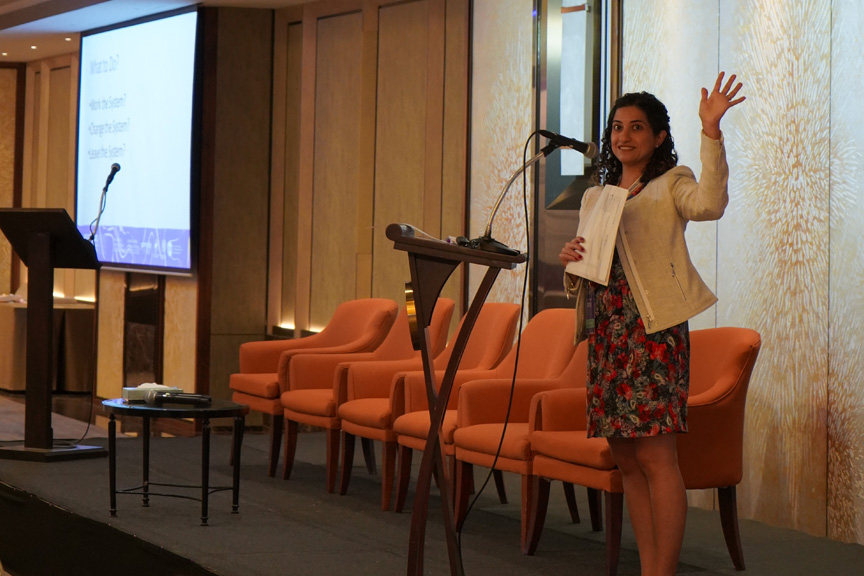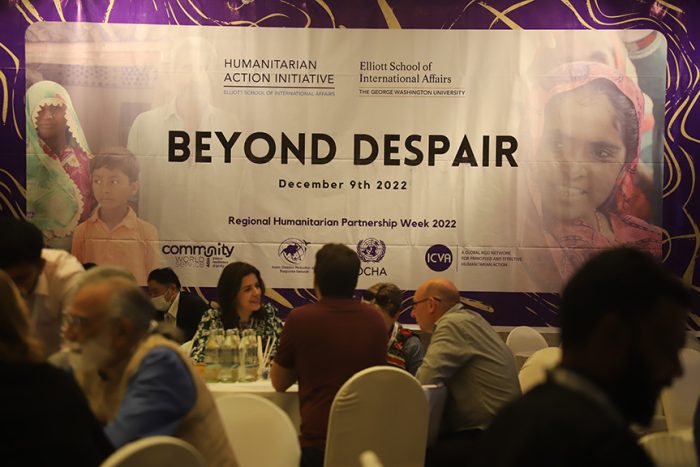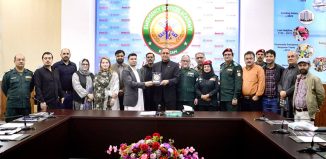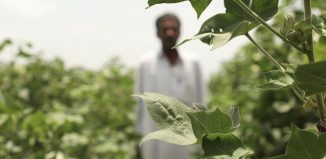Beyond Despair
Last week Michael Barnett, University Professor of International Affairs and Political Science, and Maryam Z. Deloffre, Associate Professor of International Affairs and Director, Humanitarian Action Initiative, co-hosted, with Community World Service Asia (CWSA), a half-day conference, “Beyond Despair,” at the Regional Humanitarian Partnership Week (RHPW) meetings in Bangkok, Thailand. The RHPW is organized by Asian Disaster Reduction & Response Network (ADRRN), CWSA, the International Council of Voluntary Agencies (ICVA) and the United Nations Office for the Coordination of Humanitarian Affairs (UNOCHA) and is the largest gathering of humanitarian actors in the region. In Beyond Despair, Barnett and Deloffre focused on the positive–how do humanitarian actors leverage their creativity and pragmatism to provide aid despite access challenges and structural barriers? Professor Barnett presented data from a survey conducted last year with Smruti Patel of Global Mentoring Initiative (GMI) and Political Science Ph.D. student Alex Vandermaas-Peeler, on the nature and sources of structural barriers – racism/colonialism embedded in attitudes and institutions, funding (and lack thereof), access constraints etc. Professor Deloffre then led a discussion on how humanitarian actors bypass these barriers to provide life-saving assistance. Over 250 practitioners, policymakers and academics from Asia, the Middle East and Africa attended the session.

The idea for Beyond Despair, is rooted in both Barnett and Deloffre’s ongoing research on localization, a policy initiative to reform the global humanitarian system by empowering local communities and populations affected by disasters to lead humanitarian action. Professor Deloffre teaches a graduate level course on the topic, IAFF 6138 Localizing Humanitarian Action, which is offered in the spring. Barnett and Deloffre collected narrative data at the workshop and will share findings with meeting participants as well as in future publications.
The second half of the Beyond Despair conference featured a panel discussion on Survival Strategies, how national and local humanitarian groups innovate and partner effectively to provide humanitarian assistance. Panelists included: Juliet Parker, director of Active Learning Network for Accountability and Performance in Humanitarian Action (ALNAP), who discussed the positive news from the recent State of the Humanitarian System report; Smruti Patel, founder of GMI, who described local and regional certification schemes; Nannette Antequisa, Executive Director, Ecosystems Work for Essential Benefits (ECOWEB), Philippines, who detailed empowering partnership models; Takeshi Komino, Vice President of ADRRN, who discussed private-public partnership models, and Sudhanshu S. Singh, Founder and Director, Humanitarian Aid International, who highlighted his NGO’s survival strategies. Dr. Hanna A. Ruszczyk, Department of Geography, Durham University, served as the moderator.







